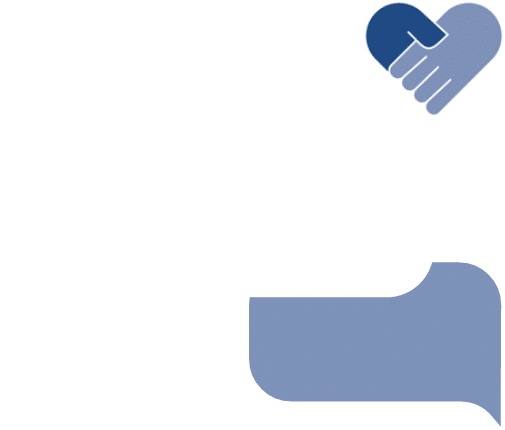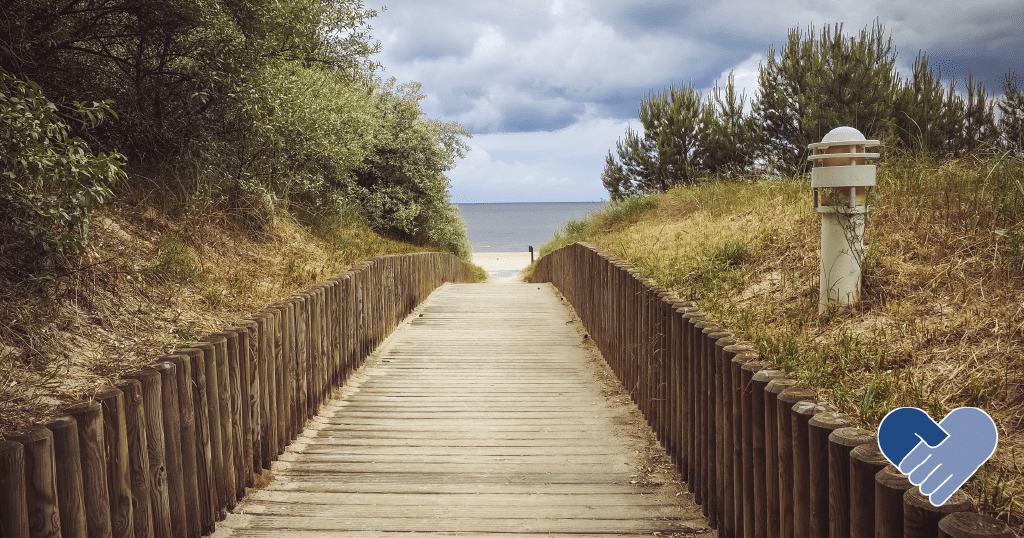Alcoholic, Addiction, Dual Diagnosis, and Mental Health Disorder Intervention Services in Vermont
Our S.A.F.E.® (Self Awareness Family Education™) Intervention Services Helps Families in Vermont Learn How to Help their Loved One’s Addiction, Mental Health Disorders, and Behaviors Before they ask for Help or Hit Bottom
People who have an addiction and mental health disorders often have destructive and manipulative behaviors. When these behaviors take the family hostage, families take on maladaptive behaviors and roles to cope with and adapt to the stressful change. The result is that families almost always choose the route of inaction while waiting for their loved one to ask for help, want help, or hit bottom. While your family is waiting, they’re almost always at their bottom and want help. The question is, why are you waiting for them and not taking charge yourselves?
Families are beaten into a state of emotional unreasonableness by their loved ones with addiction and mental health struggles. It is not until a family takes the first step that things start to change. Even if your loved one were to take the first step, it is often short-lived because the family rarely, if ever, does anything different for themselves. Families in Vermont and elsewhere can be taught, educated, and counseled on what to do and why to do it. The greatest gift we bring families outside of our experience and education is an unbiased understanding of the situation. What we mean by this is families cannot see the forest for the trees when it is their loved one. Sometimes, the best, yet hard to hear, advice comes from people we do not know.
That said, sometimes the worst advice comes from strangers and people we know well. Telling someone they must wait until their loved one asks for or wants help or hits bottom is dangerous and wrong. What they are saying is to sit back and wait for them to get worse while they take you with them. Easy for the outsider looking on to say and not so easy for you to do. Whether your loved one accepts help or not, our S.A.F.E.® Addiction and Mental Health Disorder Intervention Services in Vermont and Nationwide help families help themselves, which then helps their loved ones. Intervention happens before they ask for help and hit the bottom; sometimes, the bottom cannot be reversed.
Meet Our Experienced Intervention Counselors
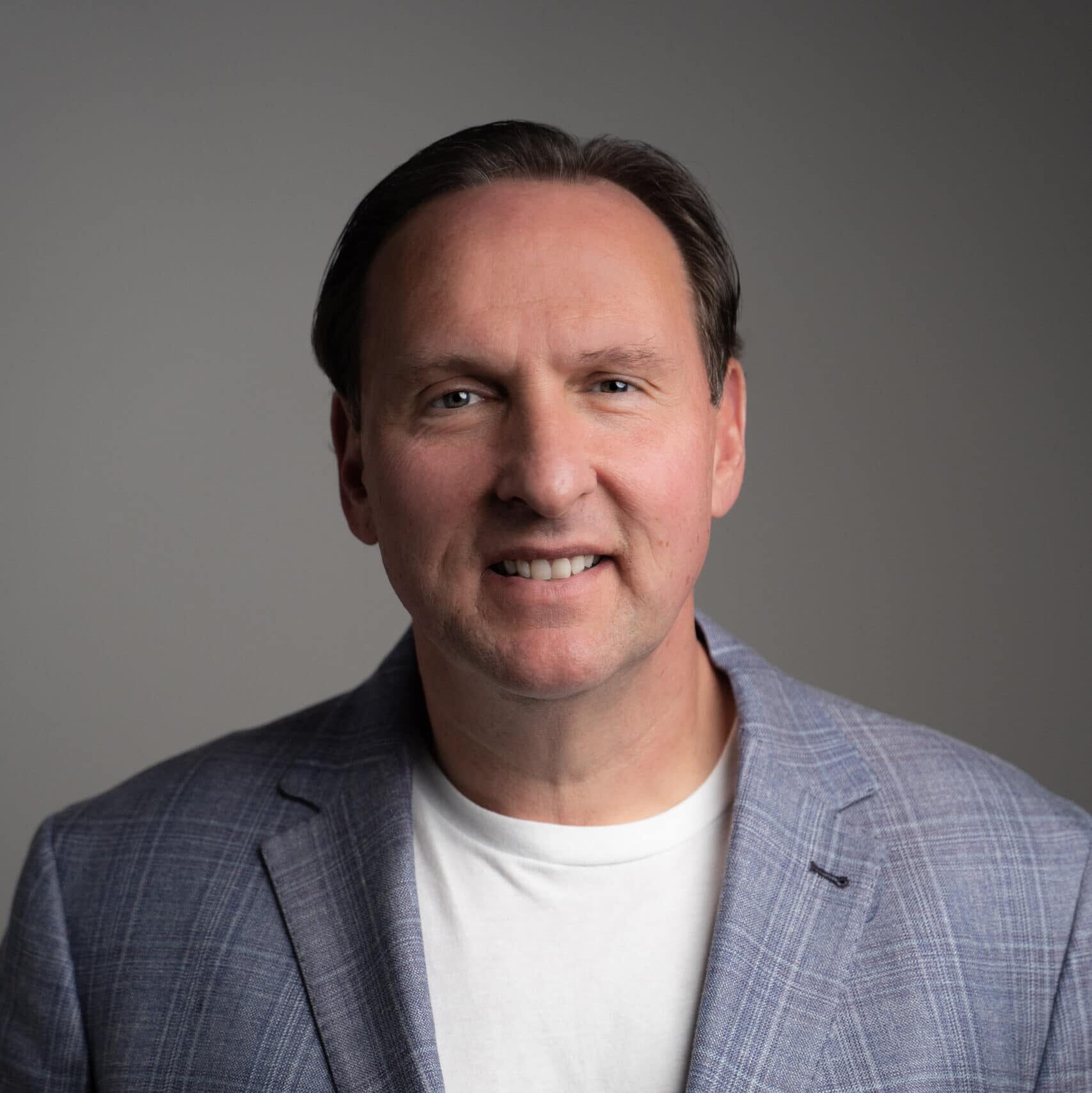
Mike Loverde, MHS, CIP
Clinical Director & Founder, Family First Intervention



Lisa Loverde, CADC
CFO & Compliance Officer
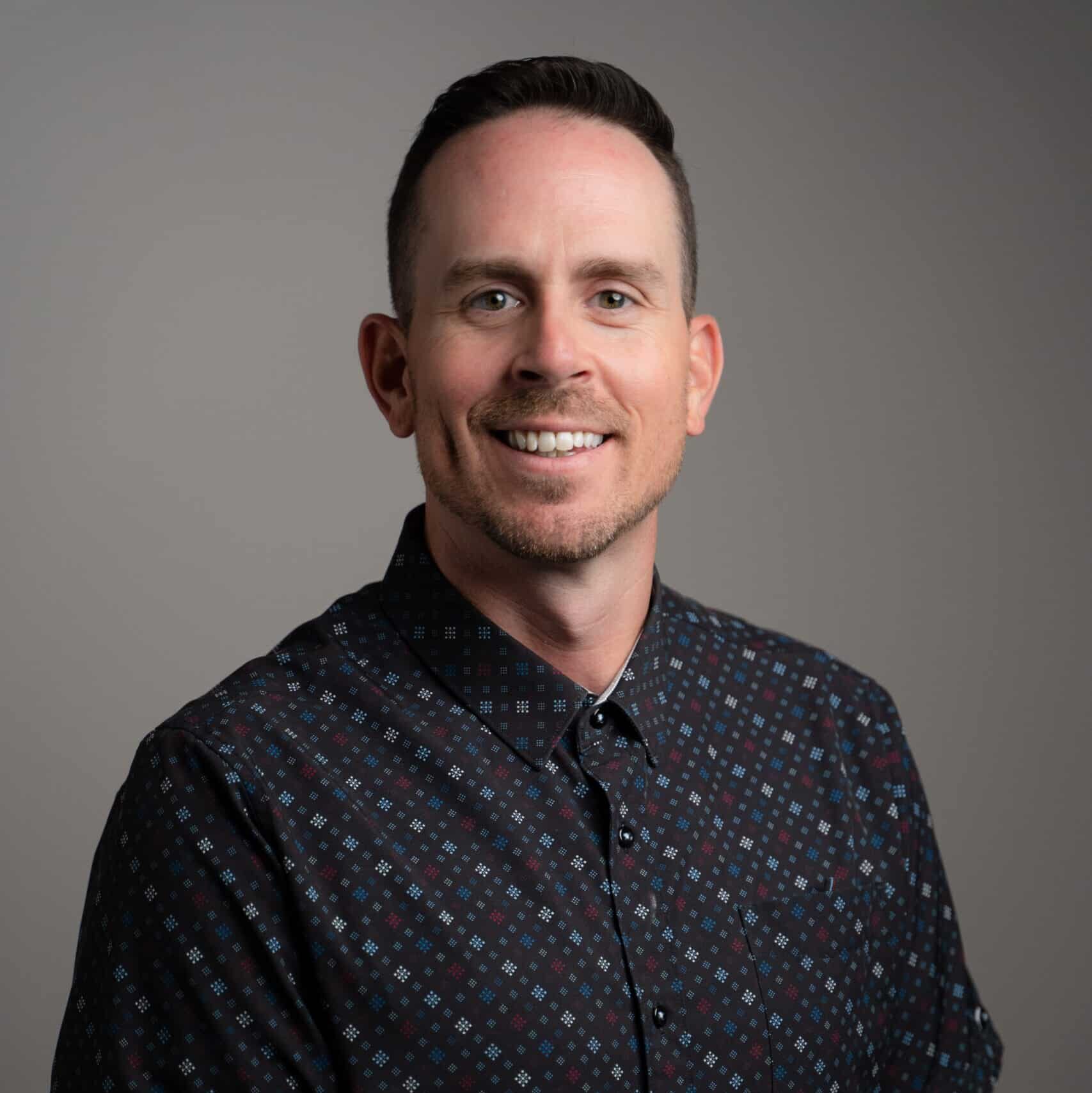


Adam Faulkner
CEO



Jeff Lukas
COO
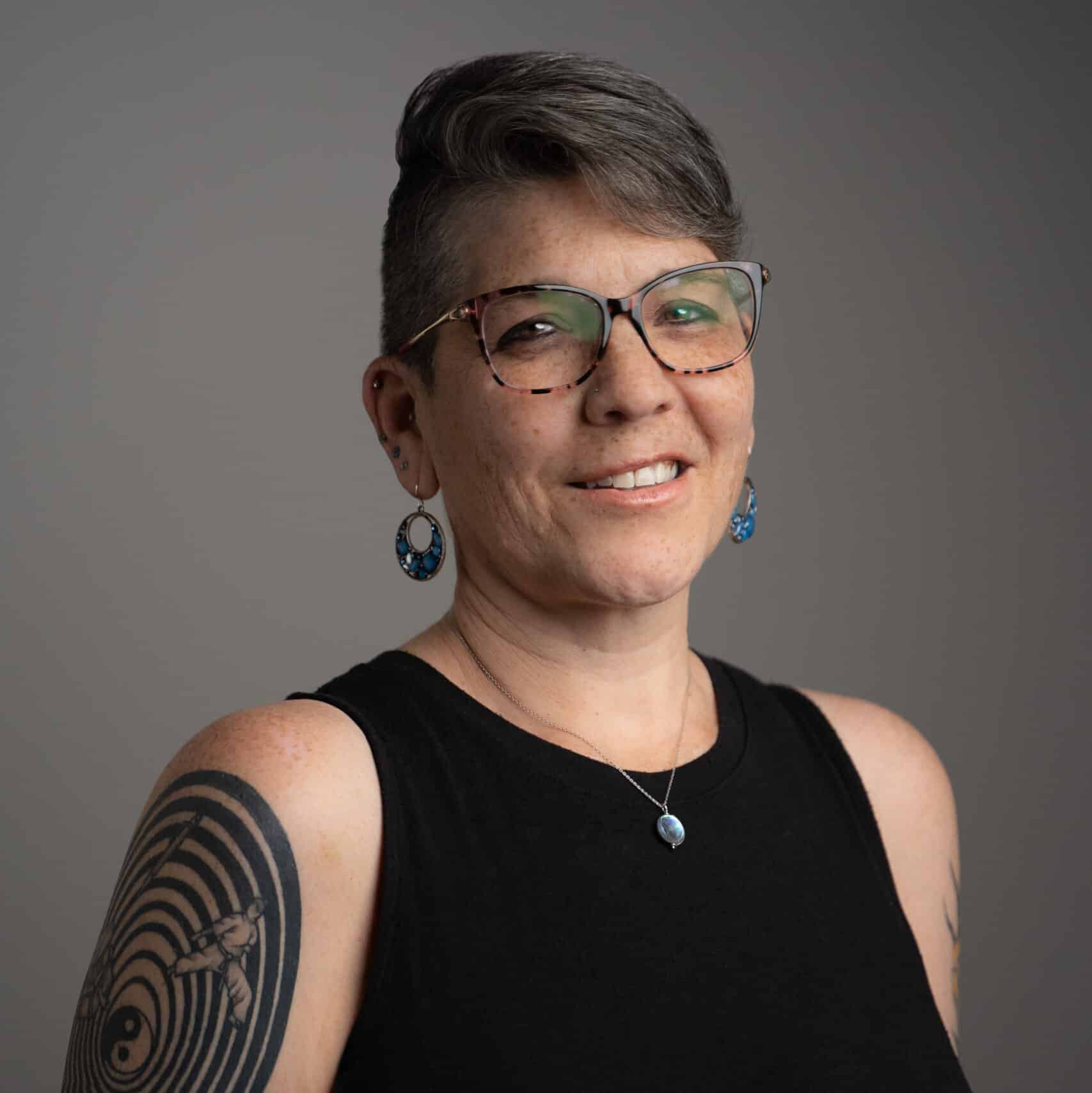


Regina Greene, MS, NLP
Director of S.A.F.E.® Family Recovery
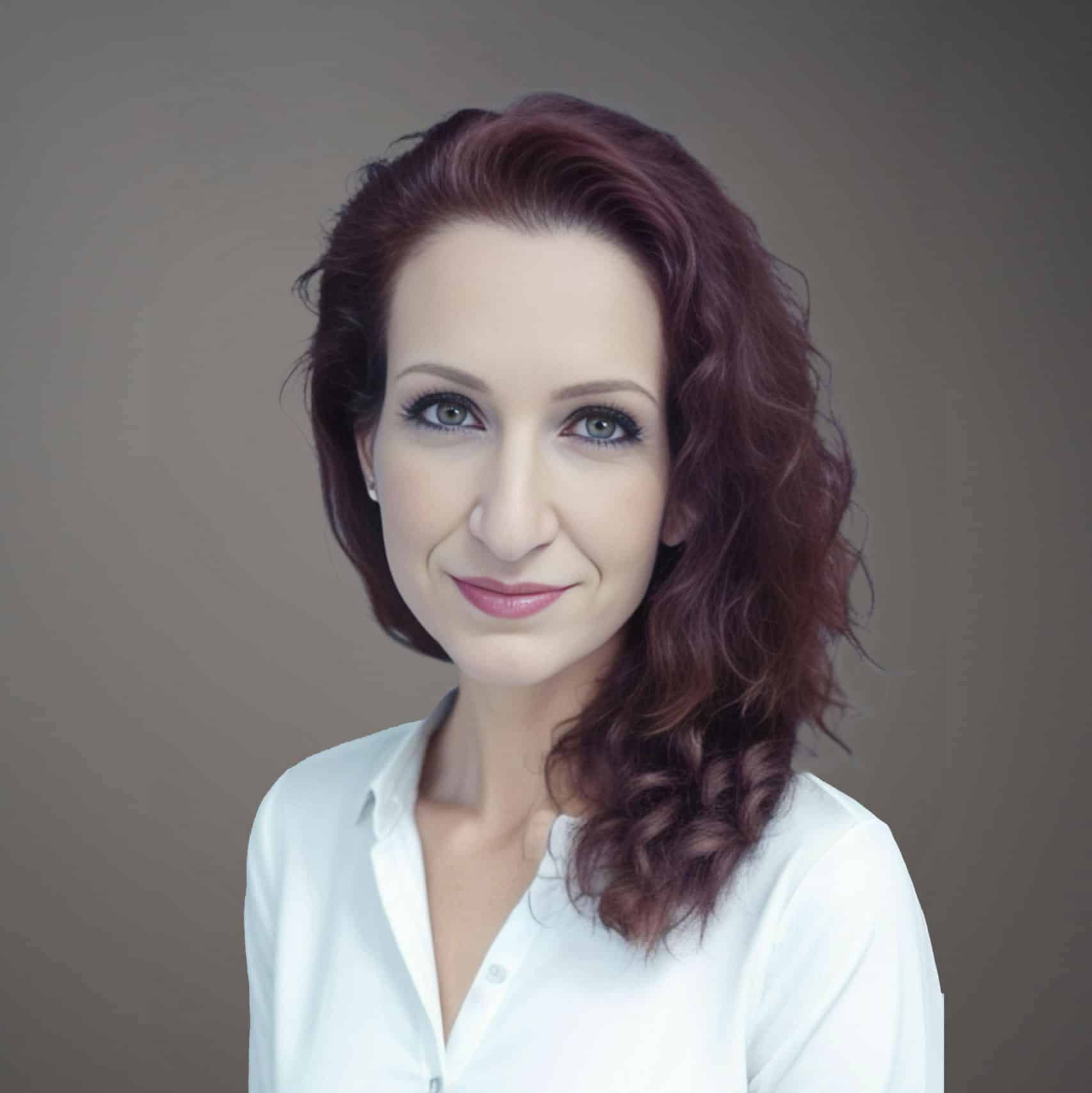


Lydia Negron, MT-BC
S.A.F.E.® Family Recovery & Post Intervention Support
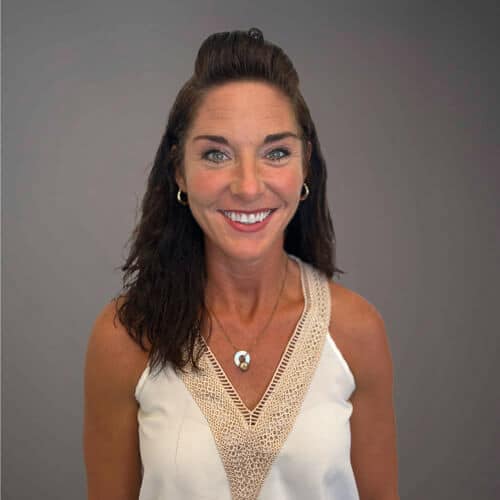


Meghan Gaydos, MA
S.A.F.E.® Family Recovery & Post Intervention Support
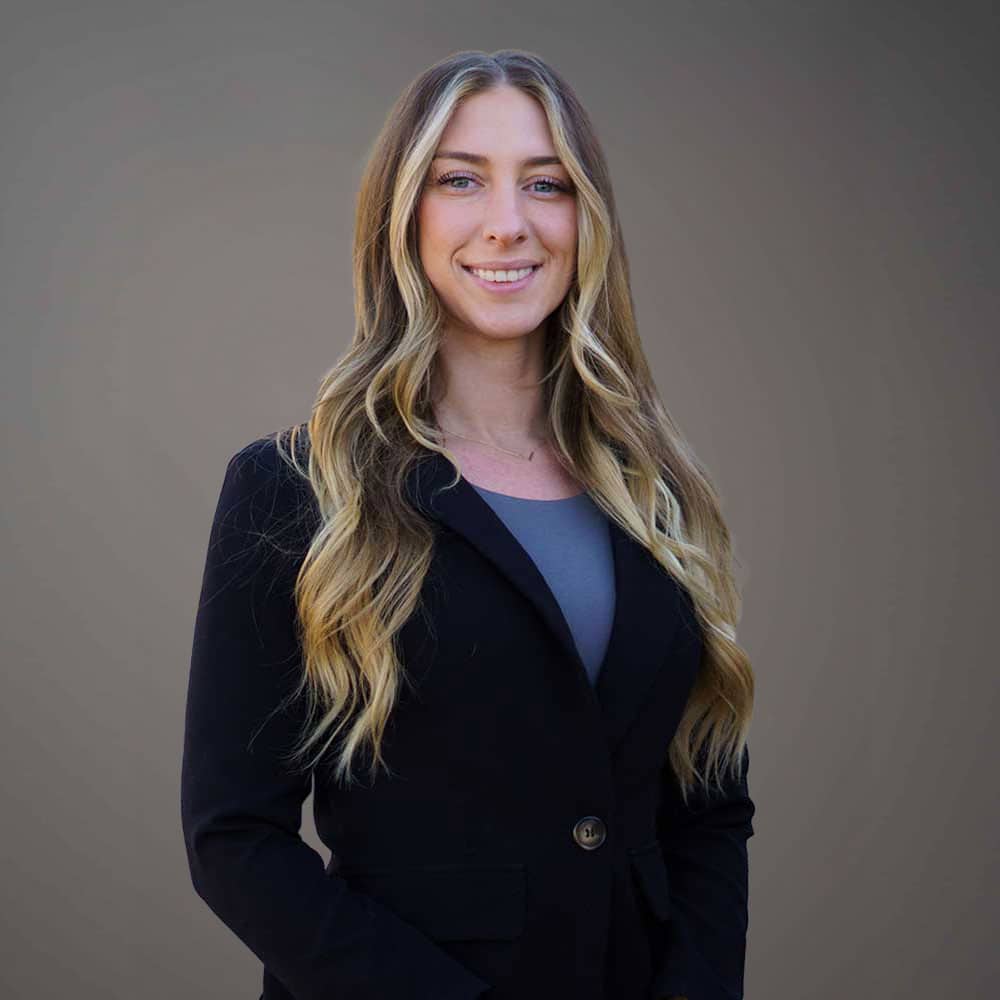


Alaina Fountain
Intervention Coordinator



Megan Torrez
Intervention Coordinator
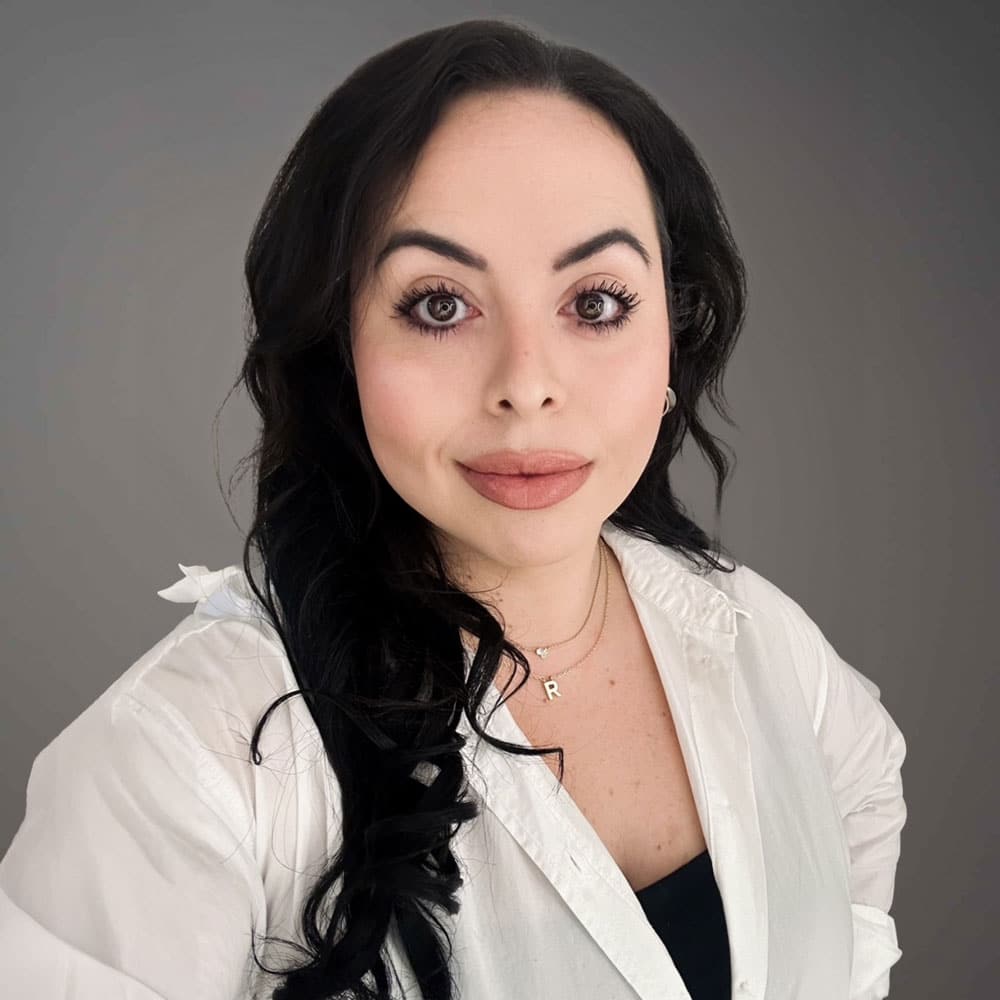


Natali Chuvala
Intervention Coordinator
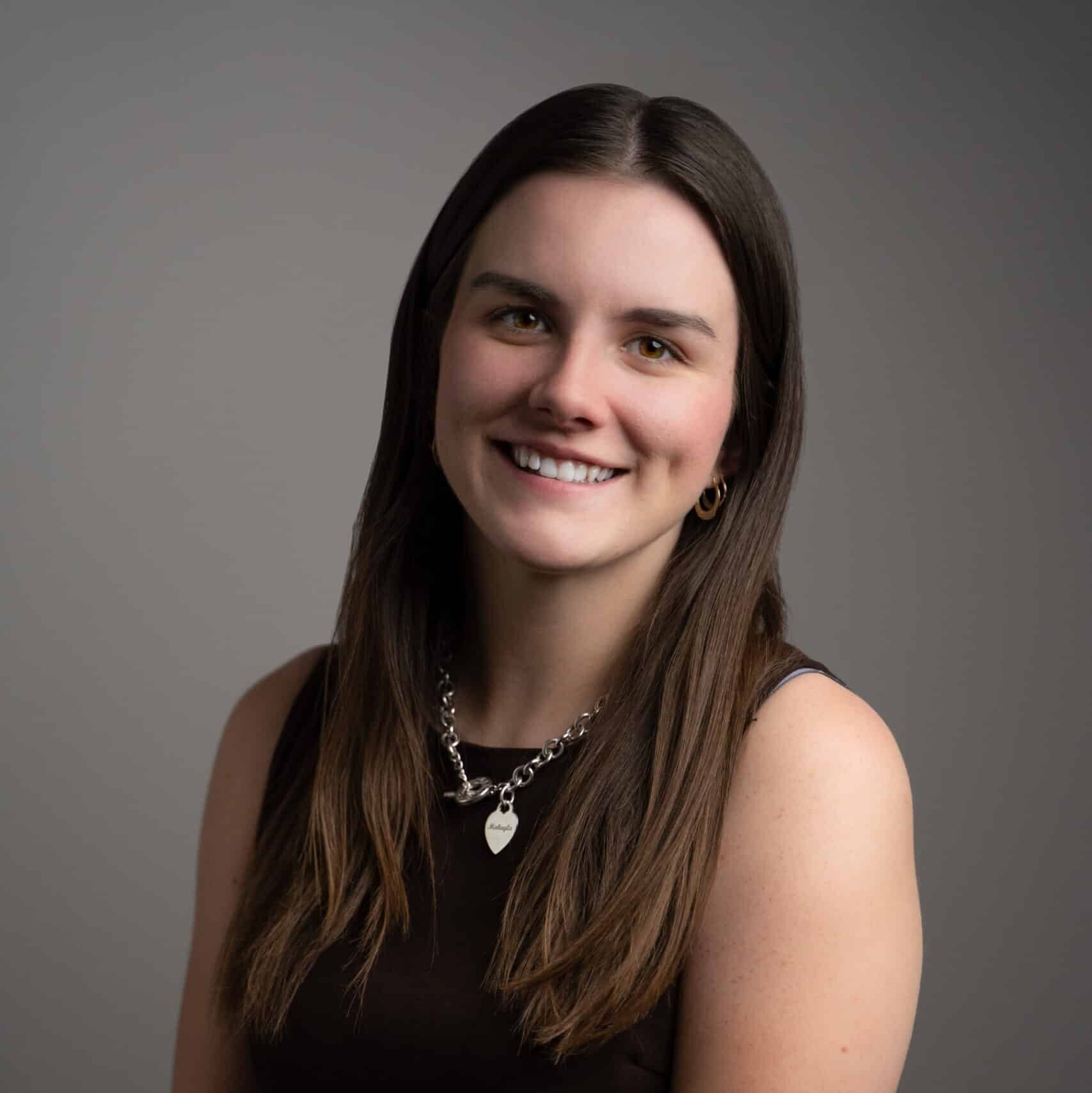


Makayla Zubal
Administrative Assistant
An intervention is not about how to control your loved one with a substance use or mental health disorder; it is about learning how to let go of believing you can.
How Our Vermont Addiction and Mental Health Intervention Services Work and Why Your Family Does Not Have to Wait for Their Loved One to Hit Bottom
Starting with the first call to our office, we help the original caller and their family understand the importance of family recovery. After setting up the addiction and mental health intervention, we send our professional interventionists to your home in Vermont or wherever else you ask us to be for the face-to-face family meeting. During the family meeting, you will understand how and why you came to this point. For those who desire positive change, we will help you get to a better place and show you how not to return to the place you just asked for help to get out of.
You will learn about enabling, codependency, family roles, and behaviors during your family preparation. During our S.A.F.E.® Family Intervention training, you will understand how badly your loved one has manipulated you and led you to believe you are powerless to act. It will all start to make sense as you realize you have been duped and you have all been put in a box for the greater good of perpetuating your loved one’s addiction or mental health. Remember, they need you to help them stay sick. You do not need them to keep you sick. Your loved one needs you more than you need their addiction or mental health. If this were false information, you would not be in the position you are in and would not be reading this. Families can take their lives back and offer their loved ones help. Regardless of your loved one’s decision, your family can press forward in their recovery.
At the intervention, your family and the interventionist will meet in person with your loved one. The face-to-face meeting, often considered a confrontation by family, is the part families fear the most, yet it is the easiest part. The hard part will come after the intervention when your loved ones’ behaviors and your family’s behavior go through extremely turbulent volatility. In the meantime, back at the intervention, we will do everything we can to help your loved ones see the need to accept help. We can only do this with your family setting boundaries and holding them accountable. Regardless of the outcome, once the intervention is over, your family will join our S.A.F.E.® Addiction and Mental Health Family Recovery Coaching. Our intervention services are designed for your family to heal and grow after the intervention. Whether your family is in Vermont or elsewhere, our S.A.F.E.® Intervention Services curriculum is offered online for your convenience. If your loved one is in treatment, we will help you with reactivity and volatility until you build a recovery network and understand how to stand firm. Should your loved one decline help at the intervention, we will work with you until you know you have done all you can. Always remember to stay positive. Most accept help after saying no at the intervention if the family engages in our aftercare and follows instructions.
Addiction and Mental Health Interventionists Resources in Vermont and Elsewhere
Nothing is more detrimental to the reputation of professionals and clinicians than rouge solo interventionists. There are so many people, new in recovery, who call themselves interventionists and are not. Interventions are clinical instruments, tools, and strategies used to address a problem or behavior and exercise those evidence-based strategies to improve or correct the problem or behavior. A person who comes to your home in Vermont or elsewhere to talk to your loved one with a “been there, done that” recovery speech is not an interventionist. Speeches by people in recovery are called twelve-step calls and are free. If all you want is someone to talk to your loved one, then go down to your local Alcoholics or Narcotics Anonymous meeting hall and ask the members to come over and talk to your loved one; they will gladly do that for free as part of their service work commitment.
When considering an interventionist or an intervention company for your family and loved ones with addiction or mental health disorders, make sure you do your homework. Do they have an office and staff, or are they working alone out of the spare bedroom of their home or apartment? Are they licensed through the state and have professional liability insurance? Do they have a service agreement and paperwork? How many interventionists work there, and how many people work in their family aftercare and support department? Will they be available for you after the intervention, and if so, will they charge you additional fees? Are they Legit Script Certified on the Internet? In other words, have they been vetted as an honest company that is allowed to market themselves as an addiction or mental health professional? Do they even have a website? Do they have an intervention curriculum, or do they hand you some pamphlets or nothing at all and state the obvious do’s and don’ts of enabling? Do they work for treatment centers or your family and loved ones?
The checklist can go on about the difference between a professional family, addiction, and mental health interventionist and a person charging for a twelve-step call. Finding a solo, inexpensive local interventionist in Vermont sounds easy, but it will be more difficult later. Sure, the person may have the gift of gab and talk your loved one into treatment, and then what? The most complex and comprehensive part of the addiction and mental health intervention is the strategies and collaboration to meet the goals of the intervention and what happens after the intervention. If you retain someone with no support staff, how will they be available to you afterward if they are on a plane or meeting with another family? Good, fast, and cheap have never worked in any service. Do not try it with an intervention for your family and loved ones.
“The most formidable challenge we professionals face is families not accepting our suggested solutions. Rather, they only hear us challenging theirs. Interventions are as much about families letting go of old ideas as they are about being open to new ones. Before a family can do something about the problem, they must stop allowing the problem to persist. These same thoughts and principles apply to your loved one in need of help.”
Mike Loverde, MHS, CIP


